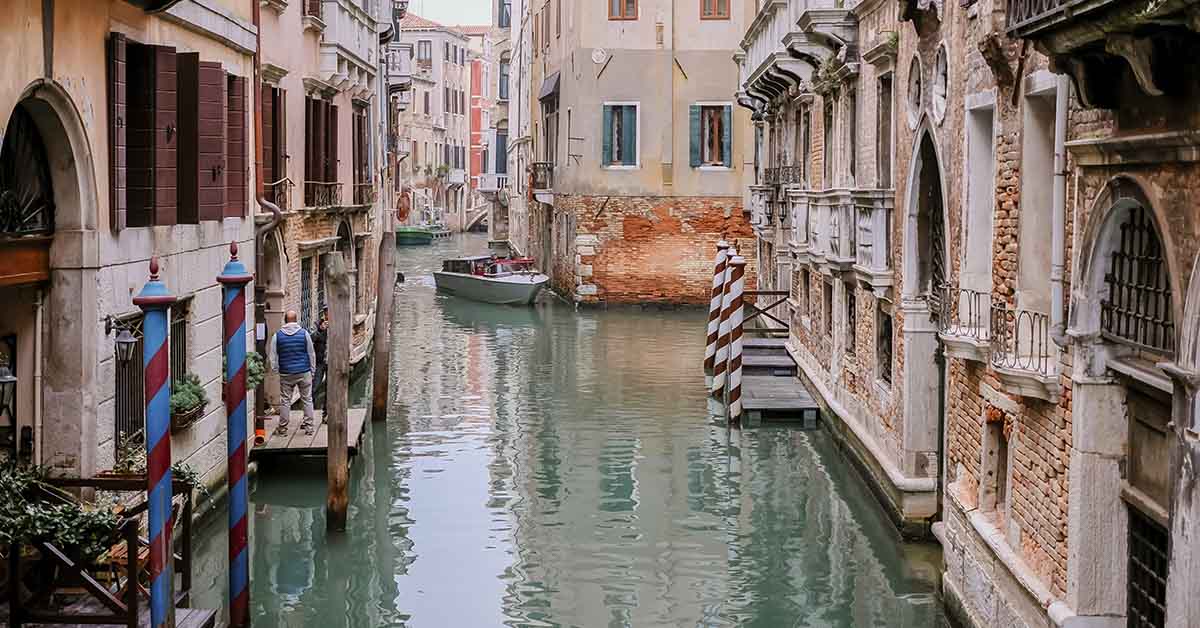Italy is a country known for its stunning landscapes, rich traditions, and world-famous cuisine, but it also has some surprisingly strict rules. Many of these laws are designed to protect the environment, preserve historical sites, and maintain the country’s cultural identity. To visitors, some of them can feel unusual or even amusing. Still, ignoring them can result in fines or other penalties, so it helps to be aware. A few apply across the country while others are unique to specific towns or regions. Here are some unusual Italian laws you probably never knew existed.
1. Do not take sand or pebbles from beaches
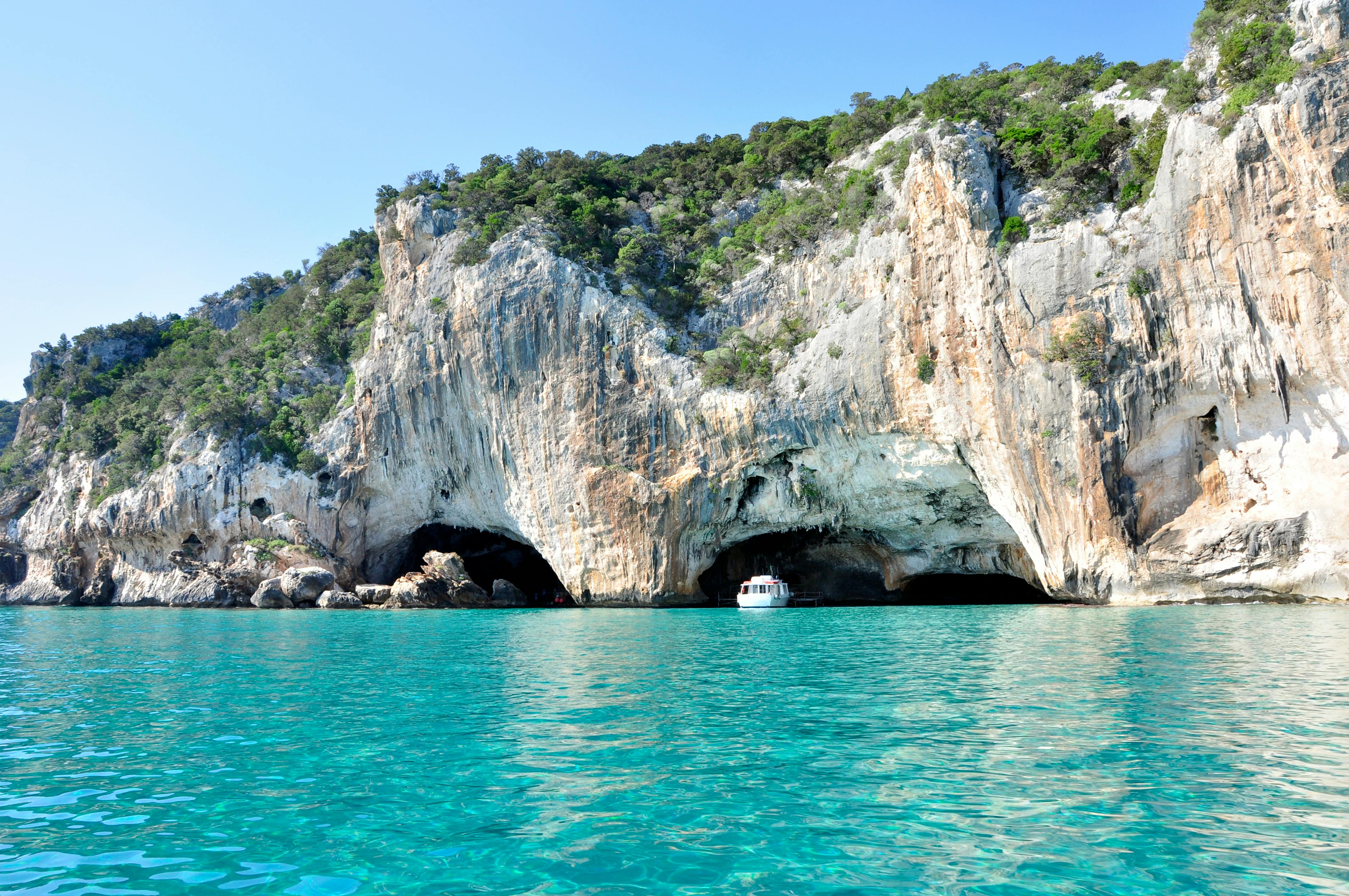
Taking sand, shells, or pebbles from Italian beaches can get you fined. Sardinia enforces this strictly with a regional rule introduced in 2017. Fines can reach about three thousand euros, depending on quantity and location. Airport and port checks seize bottles and bags filled with sand each summer. Officials say removing natural material harms dunes and fragile coastal ecosystems. Snap photos, and leave every grain exactly where it belongs.
2. Do not feed pigeons in Venice

Venice banned feeding pigeons citywide in 2008. The rule protects monuments and reduces corrosive droppings on delicate stone. Grain sellers around St Mark’s Square were stopped as part of the policy. Fines start around fifty euros for anyone who feeds the birds. The city reports cleaner pavements and fewer flocks lingering in the square. Enjoy the view, but keep your snacks to yourself.
3. Do not sit on Rome’s Spanish Steps
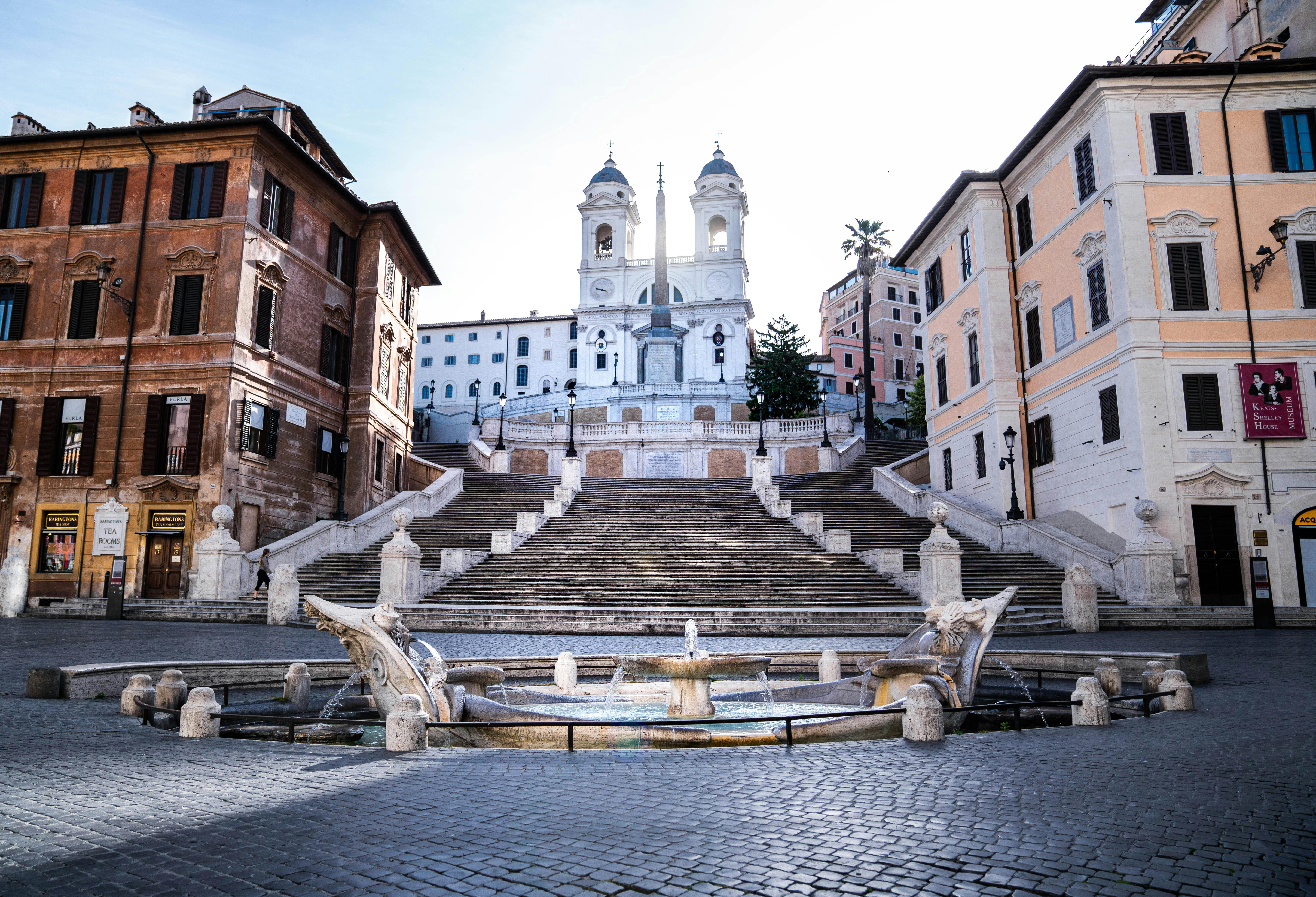
Since 2019, sitting on Rome’s famous Spanish Steps is against the rules. Police patrol and whistle at visitors who try to rest on the staircase. The fine for sitting is typically around two hundred fifty euros. Dirt or damage can raise penalties to roughly four hundred euros. The policy helps protect the eighteenth century monument from wear. Rest in the piazza instead, and admire the steps from below.
4. Do not wear swimwear in Sorrento’s town center
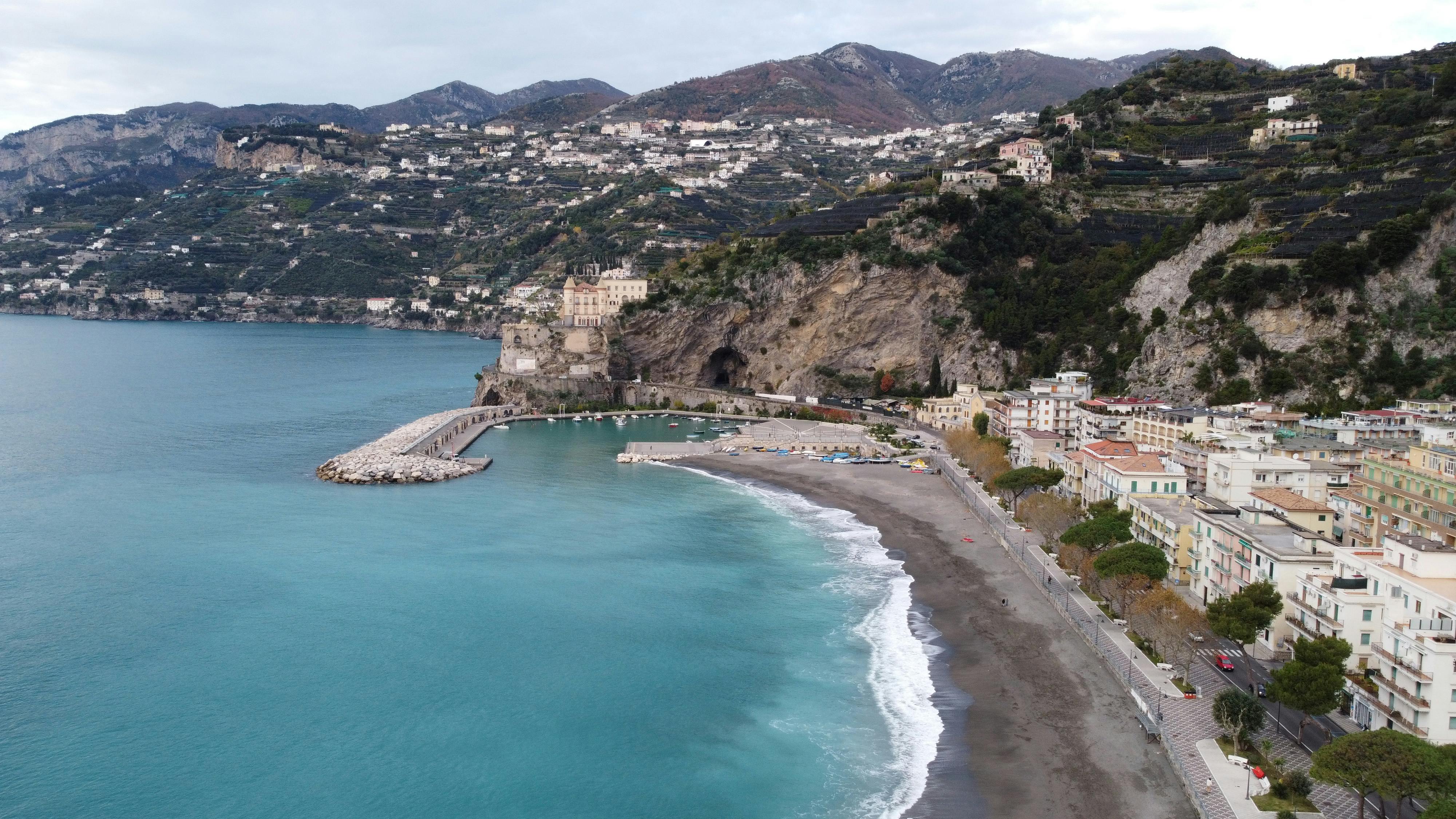
Sorrento prohibits bikinis and bare chests away from beaches and pools. The mayor introduced the dress code in July 2022. Fines for breaking the rule can reach five hundred euros. The goal is to maintain decorum in busy streets and shops. Cover up when you leave the shoreline or a beach club. A light cover will save you money and hassle.
5. Do not linger for selfies in Portofino’s red zones
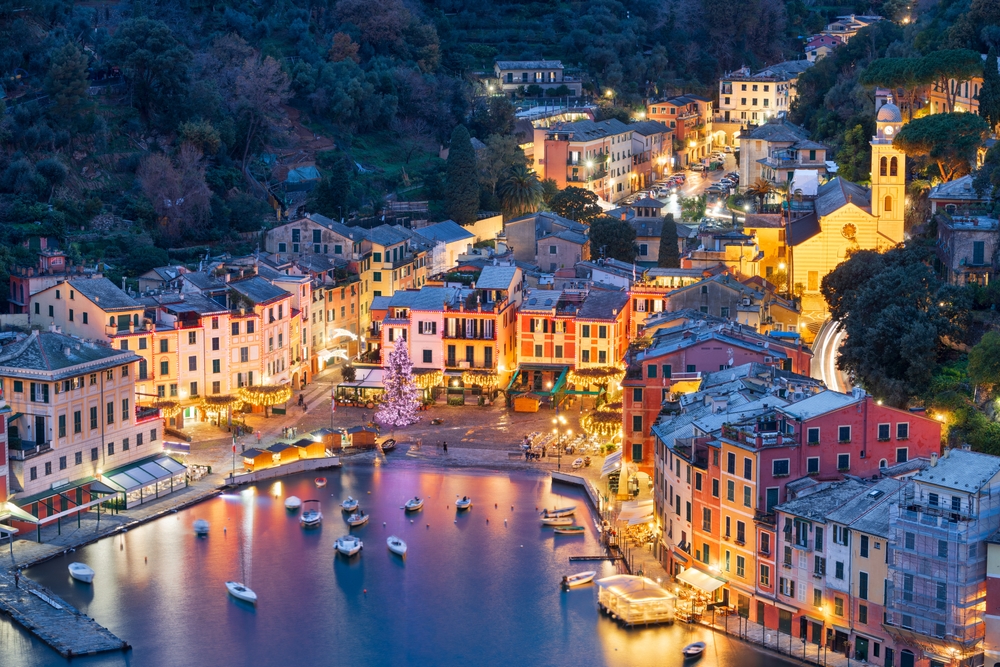
Portofino restricts stopping in two crowded photography zones during peak season. The ordinance came into force in April 2023. Lingering too long for selfies in these areas can lead to a fine. Penalties reach roughly two hundred seventy five euros. The aim is to prevent traffic jams and keep narrow streets moving. Take your shot quickly, then step aside for others.
6. Do not eat or drink near historic fountains in Rome
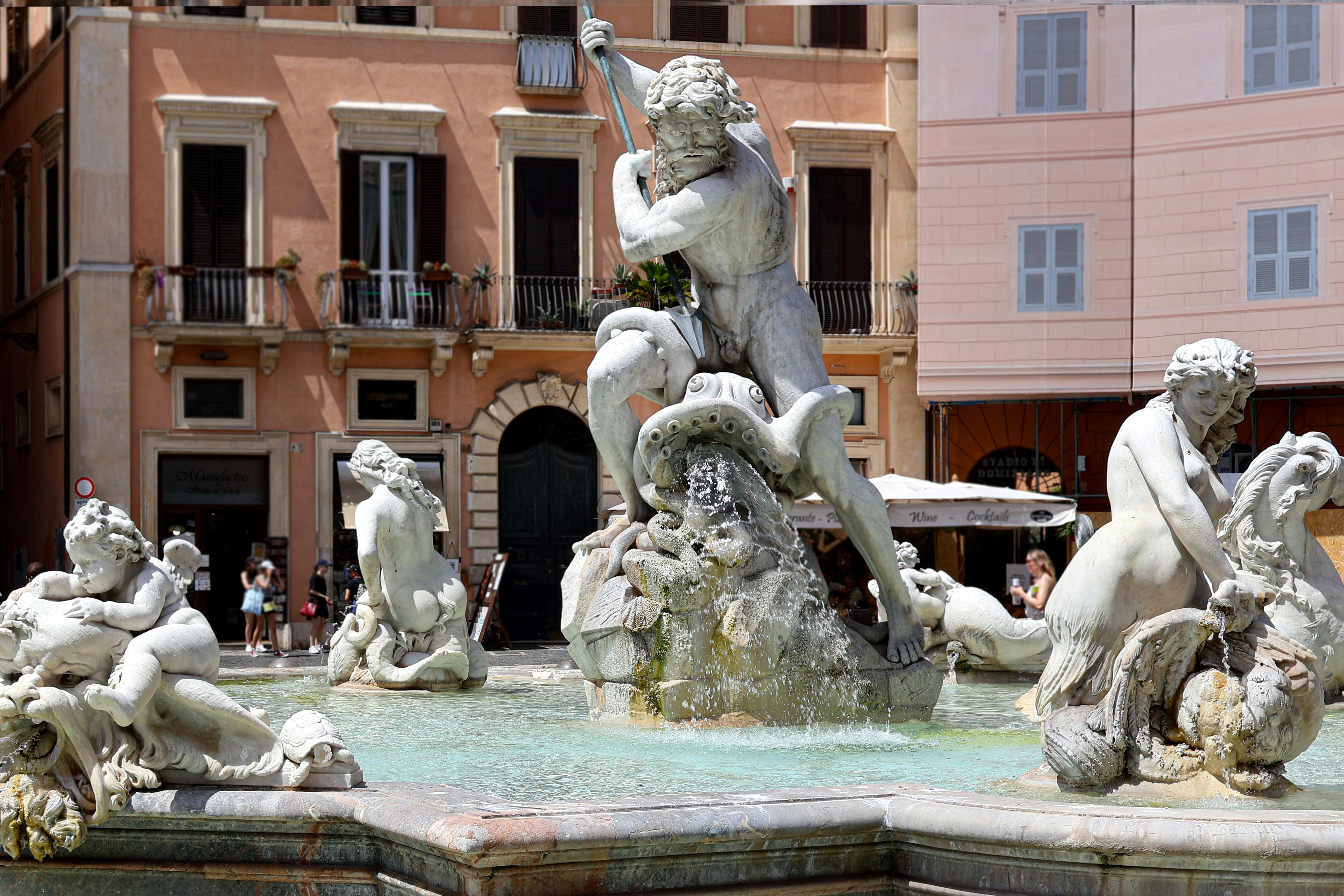
Since 2017, Rome has banned eating and drinking around its most famous fountains, including the Trevi Fountain. The rule aims to protect these landmarks from litter, stains, and accidental damage. Sitting on the edge of the fountain is also prohibited. Fines for breaking the rule can reach up to 500 euros. Police regularly patrol tourist areas to enforce the regulation. If you want a snack, find a café or bench away from these historic spots.
7. Do not swim in the Blue Grotto in Capri
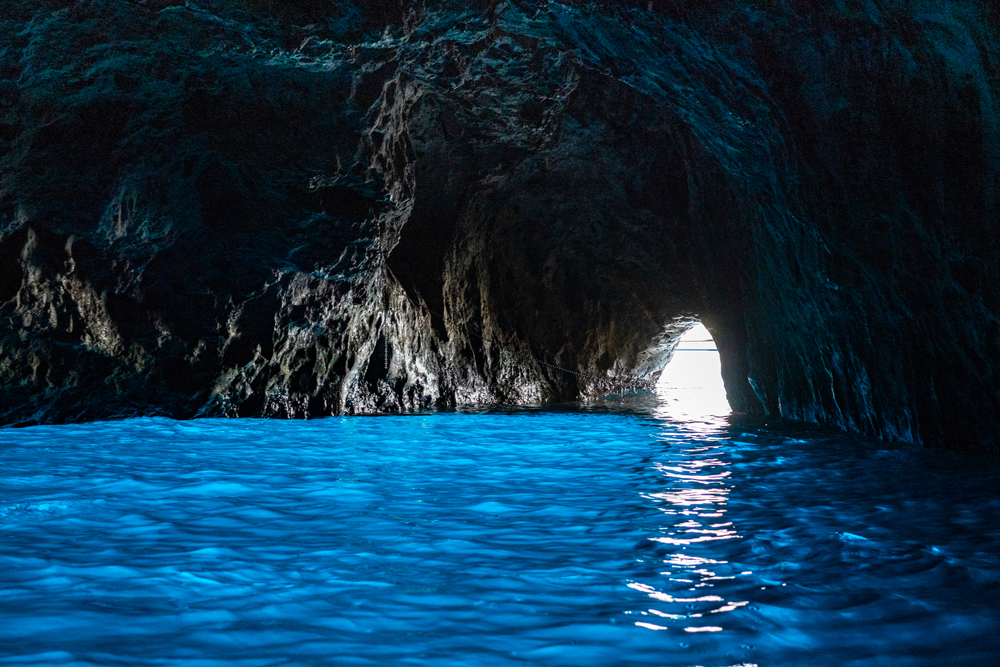
Swimming inside Capri’s Blue Grotto is strictly forbidden. Authorities introduced this rule to protect visitors and preserve the cave’s fragile environment. Tourists must enter by small rowing boat with a licensed guide. The cave’s narrow entrance and strong tides can be dangerous for swimmers. Violating the ban can lead to fines and expulsion from the site. Enjoy the beauty from the boat and leave the water undisturbed.
8. Do not build sandcastles on certain beaches in Eraclea
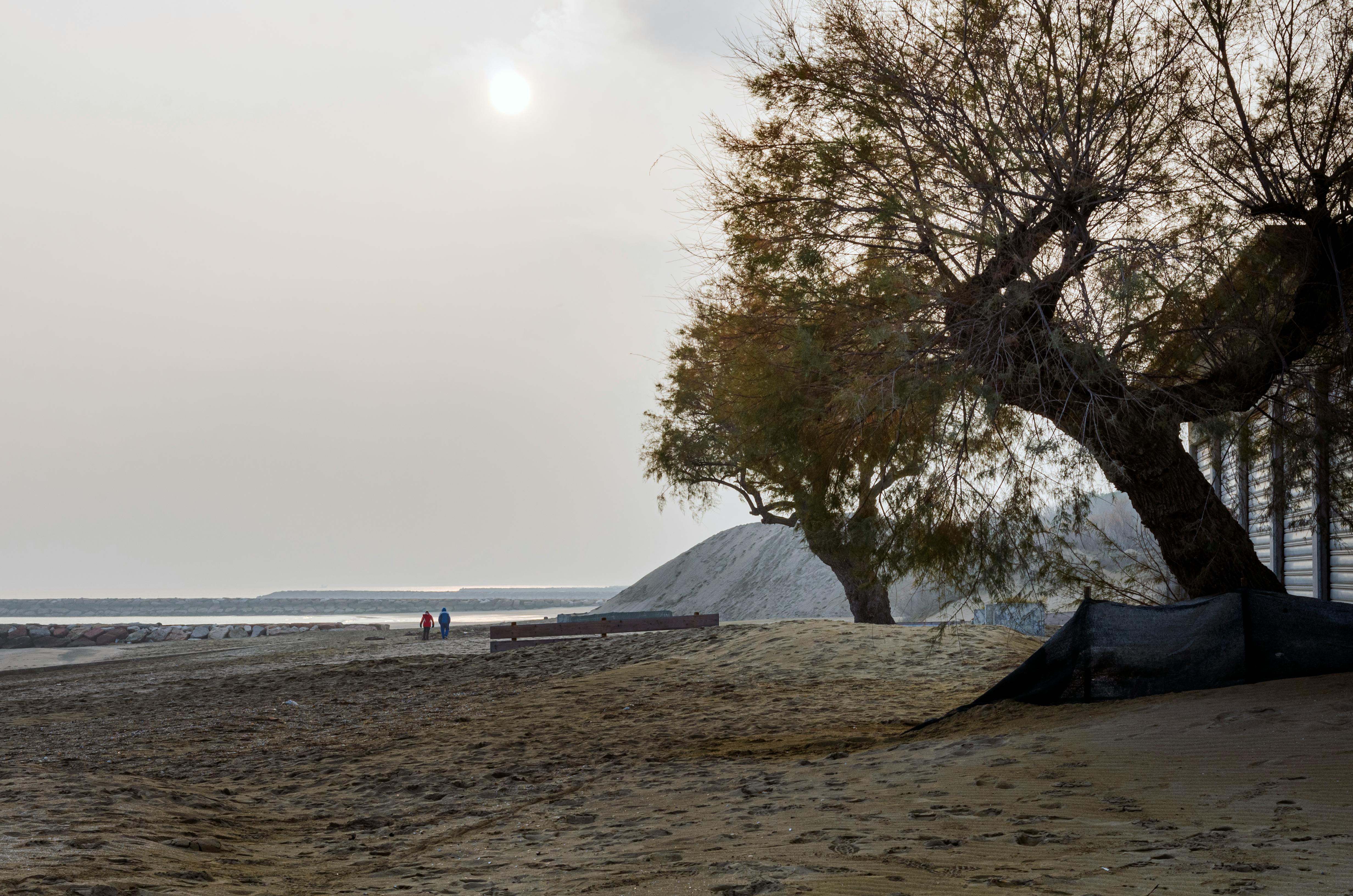
The town of Eraclea, near Venice, has banned building sandcastles on its beaches. The rule is meant to keep walkways to the sea clear and prevent accidents. Beach patrols can ask visitors to remove any structures that block access. Although the fine is modest, the policy is enforced. The ban applies to summer months when the beach is most crowded. Stick to beach games that do not block others’ paths.
9. Do not play ball games on beaches in Liguria during peak hours
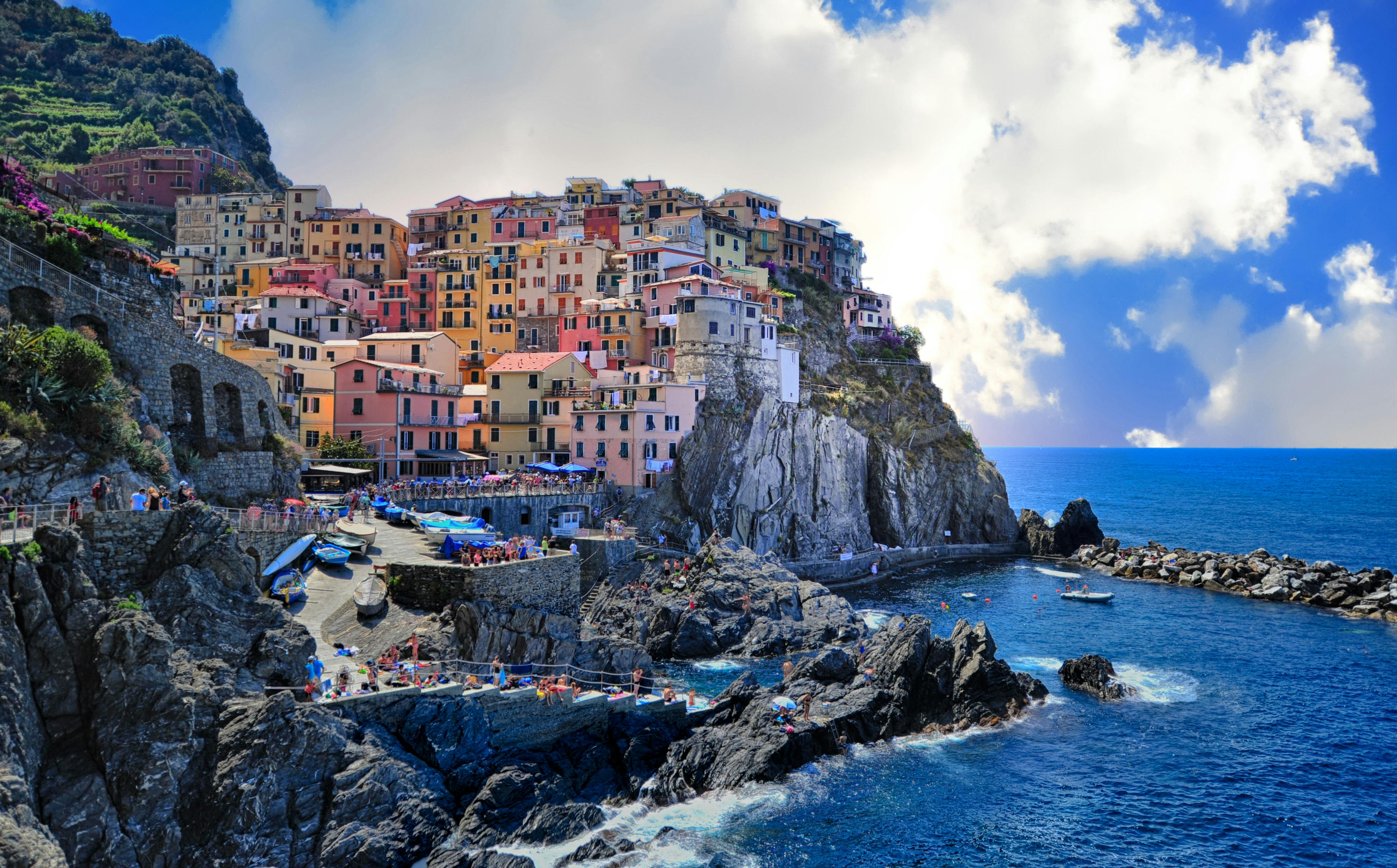
Several towns in Liguria have rules against ball games on busy beaches during certain hours. These restrictions protect sunbathers from being disturbed or hit. Offending players can be fined if they ignore warnings from lifeguards or police. The ban usually applies in July and August. Outside those times, games are often allowed in designated areas. Check local signs before kicking off a match.
10. Do not take photos inside the Sistine Chapel

Photography and filming inside the Sistine Chapel have been banned for decades. Originally, the rule was linked to a restoration sponsorship agreement, but now it helps preserve the art. Flash photography can damage the delicate frescoes over time. Guards strictly enforce the policy and will ask anyone with a camera to stop. Visitors are encouraged to admire the artwork without distractions. The memory of the view is worth more than a picture.
11. Do not wear noisy footwear in Capri

In Capri, the local government has rules to limit noise in public spaces, including from shoes. Loud clogs or footwear with metal taps are discouraged because they disturb the island’s peaceful atmosphere. While enforcement is rare, the regulation exists to maintain a tranquil environment for both residents and tourists. Visitors are advised to choose soft-soled shoes when exploring. It reflects the island’s emphasis on calm and relaxation. Wearing quiet shoes ensures you blend into the serene surroundings.
12. Do not climb on monuments in Florence

Florence has a strict ban on climbing or sitting on monuments, including historic statues and church steps. This rule is intended to prevent damage and show respect for cultural heritage. Authorities have increased patrols around popular tourist spots. Violators face on-the-spot fines that can reach several hundred euros. Even leaning against certain monuments can lead to warnings. The safest choice is to admire these treasures from a respectful distance.
Three Wild and Crazy Laws from Other Countries

In Singapore, chewing gum is banned unless it is for specific medical or dental purposes such as nicotine gum for quitting smoking. The ban, introduced in 1992, was designed to prevent gum litter from damaging public property and transport systems. Bringing in or selling gum without approval can result in fines of several thousand Singapore dollars. Authorities have maintained the rule to keep the city clean and orderly. Visitors should leave gum at home to avoid trouble.
In Thailand, stepping on currency is a criminal offense because it displays the image of the king. The act is considered highly disrespectful to the monarchy, which is protected under strict lèse-majesté laws. Violators can face arrest and legal action. This includes accidentally stepping on a dropped note to stop it from blowing away. Tourists are advised to pick up money carefully without making physical contact with the royal image.
In the Canadian city of Petrolia, Ontario, it is illegal to whistle or shout in public between 11 p.m. and 7 a.m. The bylaw exists to prevent nighttime noise disturbances in residential areas. It covers yelling, singing, or any unnecessary loud sound during these hours. Offenders can be fined if they ignore warnings from local authorities. The rule is meant to protect residents’ right to quiet evenings and early mornings.
Disclaimer: This article was created with AI assistance and edited by a human for accuracy and clarity.
